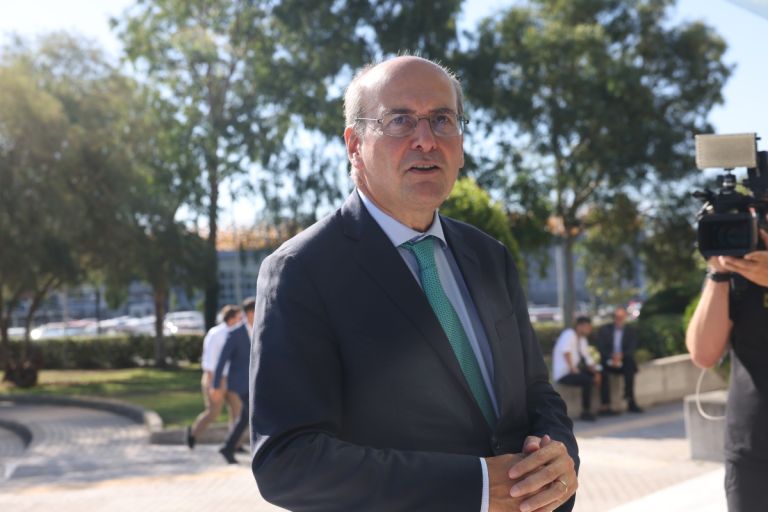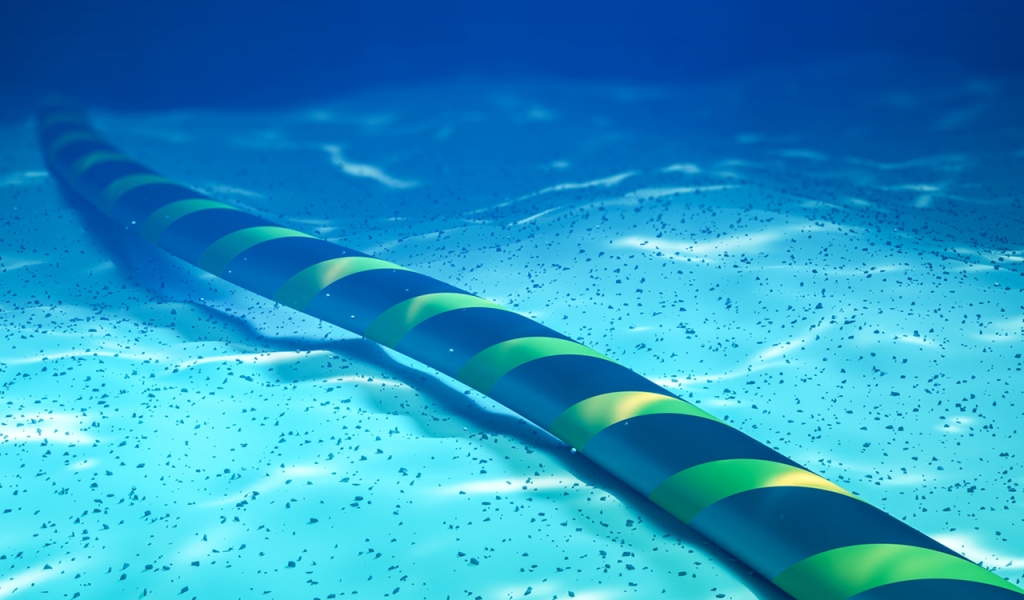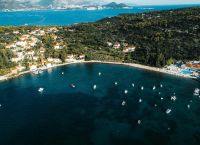Chatzidakis on Greece–Cyprus Power Cable: “Nicosia Must Clarify Its Position”

Πηγή Φωτογραφίας: (ΒΑΣΙΛΗΣ ΒΕΡΒΕΡΙΔΗΣ / MOTION TEAM)//Chatzidakis on Greece–Cyprus Power Cable: “Nicosia Must Clarify Its Position”
The debate over the Greece–Cyprus electricity interconnection has reignited after the Cypriot finance minister described the project as “non-viable.” Greece’s Deputy Prime Minister, Kostis Chatzidakis, publicly intervened, stressing that this is a European strategic project rather than a national initiative by Athens.
“This cable is part of the European energy strategy. It is not a national project of Greece. It concerns electricity interconnections at the European level and is therefore a project of European priority,” he stated in an interview with public broadcaster ERT.
Why the Project Matters
The Greece–Cyprus interconnection, part of the EuroAsia Interconnector scheme, is considered pivotal for three reasons:
- Energy security for Cyprus: it ends the island’s total energy isolation, as Cyprus currently has no electrical links with any other country.
- EU strategic goals: the project is listed under the EU’s Projects of Common Interest (PCI), supporting energy diversification and the green transition.
- Geopolitical impact: it reinforces the Eastern Mediterranean as an energy hub, while deepening Greece–Cyprus–Israel cooperation within the trilateral framework.

Greece’s Position – Cyprus’s Dilemma
Chatzidakis reiterated that the Greek government’s commitment is not symbolic but tangible: “Our commitment is very concrete, not only through statements, but also with moves by ministries and public entities.”
At the same time, he issued a pointed message to Nicosia: “It remains to be clarified what Cyprus wants to do.”
This highlights Athens’s concern that Cyprus’s hesitation may stall – or even jeopardize – a project that Brussels sees as strategic for the region.
Broader Implications
Cyprus’s reluctance has far-reaching consequences:
- For Cyprus: it risks remaining energy-isolated, without access to cheaper and more stable electricity flows.
- For Greece: the interconnection strengthens its role as an energy bridge between the Eastern Mediterranean and Europe.
- For the EU: delays undermine its agenda of energy security, diversification, and reduced dependence on fossil fuels – at a time when the energy crisis remains unresolved.
A Project of Promise – and Uncertainty
The Greece–Cyprus interconnector is more than an infrastructure project; it is a strategic choice with implications that extend far beyond the two countries involved. But it also exposes divergent priorities between Athens and Nicosia, and how domestic politics can shape the fate of a European initiative.
Ultimately, the project’s future will be determined not only by its financial viability, but by whether Cyprus is willing to take a clear stance and assume the cost – and responsibility – of such a strategic decision
Source: pagenews.gr
Διαβάστε όλες τις τελευταίες Ειδήσεις από την Ελλάδα και τον Κόσμο






Το σχόλιο σας